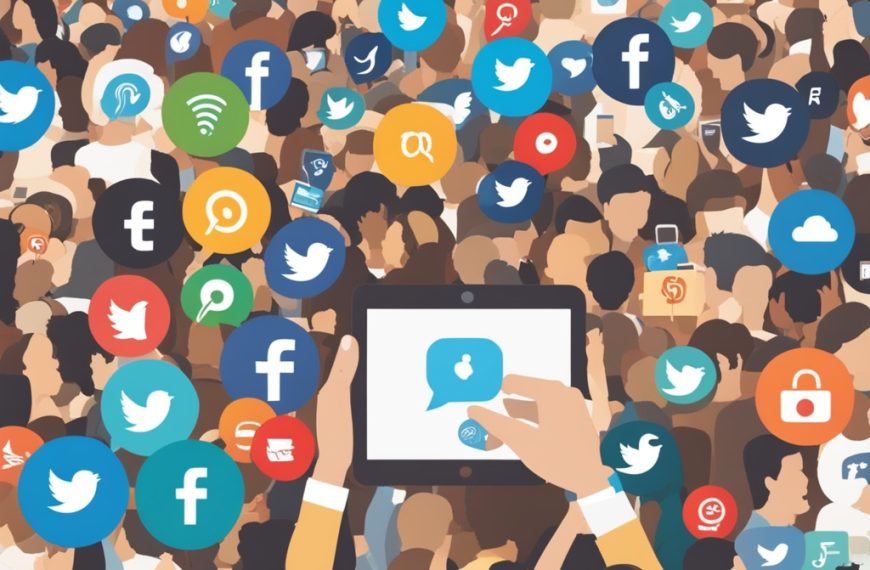Social media headlines play a crucial role in capturing attention and driving engagement. Whether it’s a blog post, news article, or promotional content, a compelling headline can make the difference between a post that goes viral and one that gets ignored. But what makes a headline click-worthy? The answer lies in psychology. Understanding the cognitive and emotional triggers behind effective headlines can help marketers, content creators, and businesses craft more engaging and persuasive content.
The Role of Psychology in Headline Effectiveness
Human behavior is deeply influenced by psychological triggers. Click-worthy headlines leverage cognitive biases, emotional appeals, and curiosity gaps to entice users to engage. Here are some key psychological principles that contribute to a successful headline:
1. Curiosity Gap
The curiosity gap refers to the space between what a person knows and what they want to know. Headlines that create an information gap compel users to click to satisfy their curiosity.
- Example: “You Won’t Believe What Happened When This Man Tried a 30-Day Challenge!”
2. Emotional Triggers
Emotions play a vital role in decision-making. Headlines that evoke strong emotions—such as excitement, fear, happiness, or surprise—are more likely to generate clicks and shares.
- Example: “The Heartwarming Story That Will Restore Your Faith in Humanity”
3. Power Words and Sensory Language
Using powerful and descriptive words helps headlines stand out. Words like “unbelievable,” “mind-blowing,” and “secret” can evoke excitement and intrigue.
- Example: “The Secret Ingredient That Will Transform Your Cooking”
4. FOMO (Fear of Missing Out)
People don’t want to feel left out, so they are more likely to click on content that suggests urgency or exclusivity.
- Example: “Hurry! These Limited-Time Deals Are Disappearing Fast”
5. Social Proof and Authority
When people see others engaging with or recommending something, they are more inclined to click.
- Example: “Experts Agree: This Is the Best Way to Lose Weight”
6. Numbers and Lists
Numbers help structure content and make it more digestible. Odd numbers, in particular, tend to perform better.
- Example: “7 Simple Hacks to Boost Your Productivity”
7. Personalization
Using words like “you” and “your” makes a headline feel more relevant to the reader.
- Example: “How You Can Achieve Financial Freedom in 5 Easy Steps”
How to Craft a Click-Worthy Social Media Headline
Now that we understand the psychological principles, let’s explore actionable tips for writing compelling headlines:
1. Use the “4 U” Formula
A great headline should be:
- Useful (Provide value)
- Urgent (Create a sense of urgency)
- Unique (Stand out from the competition)
- Ultra-Specific (Clearly indicate what the reader will gain)
Example: “10 Proven Strategies to Double Your Instagram Followers in 30 Days”
2. Test Different Headline Formats
Experiment with various styles such as questions, how-tos, lists, and surprising statements to see what resonates best with your audience.
3. Keep It Short and Impactful
Studies show that headlines with 6-8 words perform best on social media. Shorter headlines are easier to read and remember.
4. Incorporate Keywords for SEO
Including relevant keywords increases visibility and improves searchability.
Example: “Best Digital Marketing Strategies for Small Businesses”
5. A/B Test Your Headlines
Testing different versions of a headline can help determine which one generates the most engagement.
The psychology behind click-worthy social media headlines is rooted in human behavior, cognitive biases, and emotional appeal. By leveraging the curiosity gap, emotions, power words, FOMO, and social proof, content creators can craft headlines that captivate audiences and drive engagement. Implementing these strategies will not only improve click-through rates but also enhance brand visibility and influence online.
By mastering the art of headline writing, you can significantly boost your social media performance and ensure that your content gets the attention it deserves.




